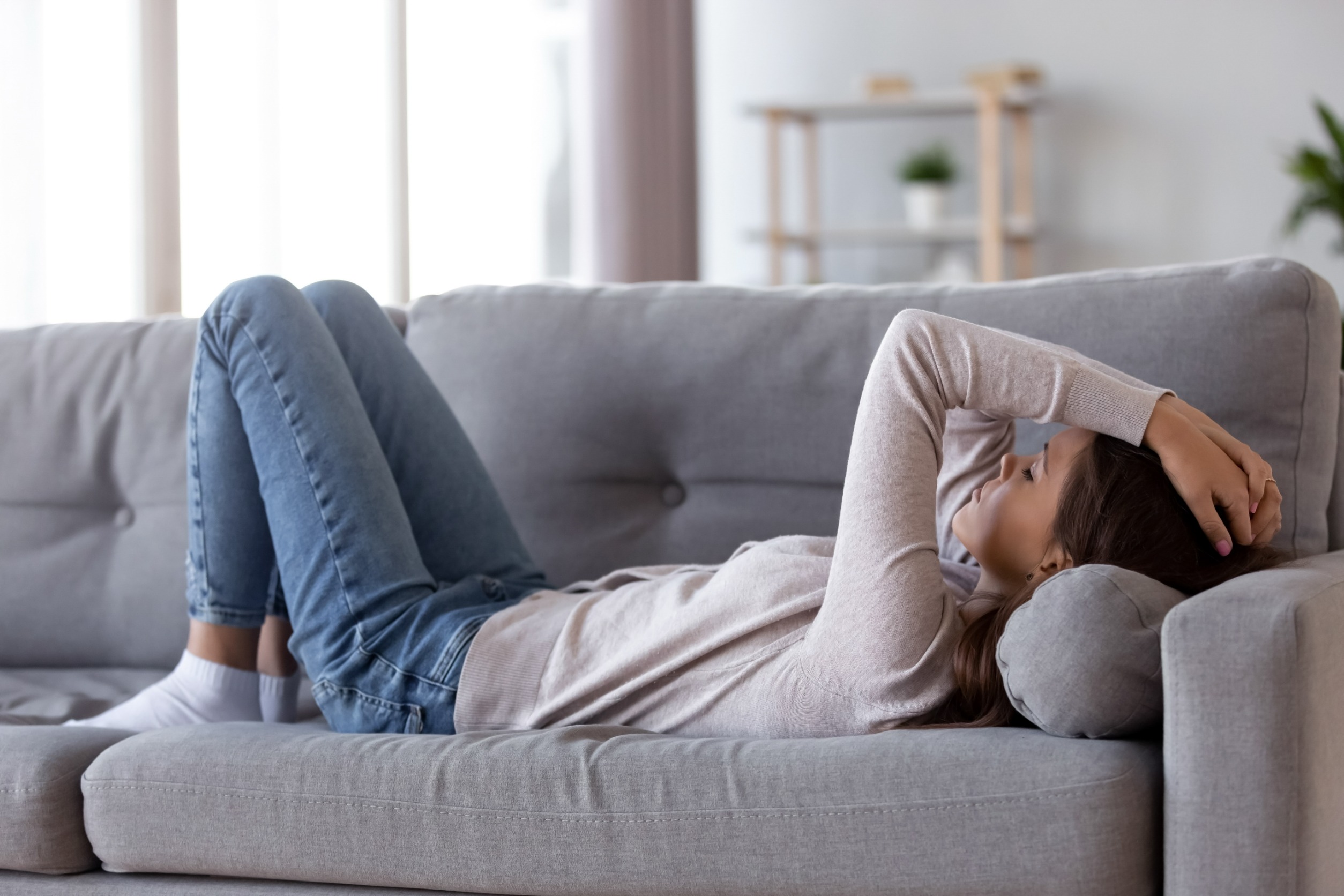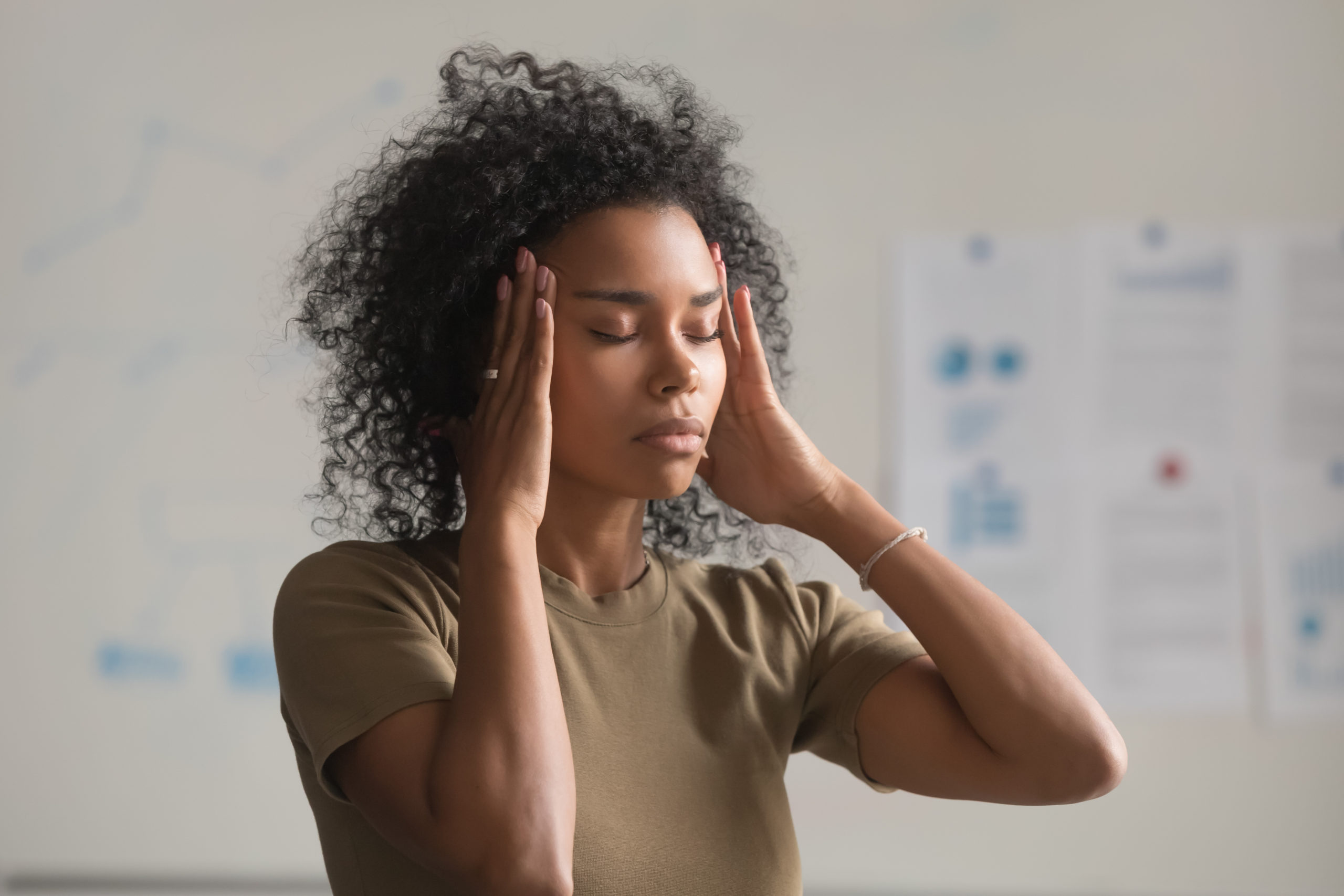 Qi Mail™The Acupuncture Newsletter
Qi Mail™The Acupuncture Newsletter
September 2009
Julee Miller AP, DOM, BS, LMT
Health Pointe Jacksonville, LLC
3840 Belfort Road, Suite 305Jacksonville, FL 32216
904-448-0046
Studies Show that Acupuncture Stops Headaches
Two separate systematic reviews by Cochrane Researchers show that acupuncture is an effective treatment for prevention of headaches and migraines. In each study, the researchers tried to establish whether acupuncture could reduce the occurrence of headaches. One study focused on mild to moderate but frequent “tension-type” headaches, whilst the other focused on more severe but less frequent headaches usually termed migraines. Together the two studies included 33 trials, involving a total of 6,736 patients.Overall, following a course of at least eight weeks, patients treated with acupuncture suffered fewer headaches compared to those who were given only pain killers. In the migraine study, acupuncture was superior to proven prophylactic drug treatments.In one specific study involving 270 patients, acupuncture cut tension headache rates almost in half. Researchers divided the patients who reported similarly severe tension headaches into three groups for the study. Over the project’s eight-week period, one group received traditional acupuncture, one received only minimal acupuncture (needles inserted at non-acupuncture points, and at only shallow levels), and the third group received no treatment.Those receiving the traditional acupuncture reported headache rates of nearly half that of those who received no treatments, suffering 7 fewer days of headaches. The minimal acupuncture group suffered 6.6 fewer days, and the non-acupuncture group suffered 1.5 fewer days. When they received acupuncture after the main study period, the “no treatment” group also reported significantly fewer headache days. The improvements continued for months after the treatments were concluded, rising slightly as time went on.Sources: British Medical Journal, July 2005Acupuncture for tension-type headache. Cochrane Database of Systematic Reviews, Issue 1. Art. No.: CD007587 DOI: 10.1002/14651858.CD007587Acupuncture for migraine prophylaxis. Cochrane Database of Systematic Reviews, 2009, Issue 1. Art.No.: CD001218 DOI: 10.1002/14651858.CD001218.pub2
7 Healthy Habits for Headache Sufferers
Diet– Eat regular meals at regular times to avoid your blood sugar from falling too quickly. Also, avoid foods and drinks that are known to trigger headache attacks including processed meats, aged cheese, alcohol, and foods and beverages that contain aspartame.
-
Sleep– Maintain a regular sleeping schedule, including weekends and vacations.
-
Stress– Stress is one of the most common headache and migraine triggers. Implement stress reduction techniques into your daily life.
-
Exercise– Exercise stimulates the body to release endorphins, which are brain chemicals that improve mood and relieve stress, which are known headache triggers.
-
Headache Diary– Keep a diary of when your headaches occur, along with any triggers, and share the information with your healthcare provider.
-
See Your Healthcare Provider– Make an appointment with your healthcare provider to specifically discuss your headache.
Be a Partner in Your Headache Care– Be informed, be a participant in your treatment and be an advocate for your headache care.
5 Ways to Relieve Headaches Naturally
Want some natural alternatives to ease your aching head? The Headache PointLarge Intestine 4 is such a powerful acupuncture point for headaches that is often referred to as “the headache point”. It is located on the padded area of your hand between the thumb and index finger, between the first and second metacarpal bones. Massage this point with your thumb on both hands for approximately 30 seconds.
Peppermint Oil: Peppermint oil has a calming and soothing effect on the body, and is often used to treat headaches. Rub peppermint essential oil across your forehead and temples to relieve a tension headache or inhale a peppermint steam treatment to treat a sinus headache. Adding 10-15 drops of peppermint oil to a warm bath is another great way to relax, help reduce muscle tension and relieve a headache.
Cayenne PepperResearch suggests that capsaicin can help relieve cluster headaches. In one study, people with cluster headaches rubbed a capsaicin preparation inside and outside their noses on the same side of the head as the headache pain. Within five days, 75 percent reported less pain and fewer headaches.
Feverfew: Feverfew is a medicinal herb that has been used since ancient Greece for swelling and inflammation. Studies have shown that feverfew limits inflammation of blood vessels in the head and can reduce headaches. Feverfew generally takes up to four to six weeks to take effect. Sip tea or take a feverfew supplement daily.
Ginger Tea: Numerous clinical studies have shown that ginger can be used to relieve headaches. Researchers believe it does so by relaxing the blood vessels in the head and diminishing swelling in the brain. It also activates natural opiates in the brain that relieve pain, and it reduces prostaglandins, which are responsible for causing inflammation.



